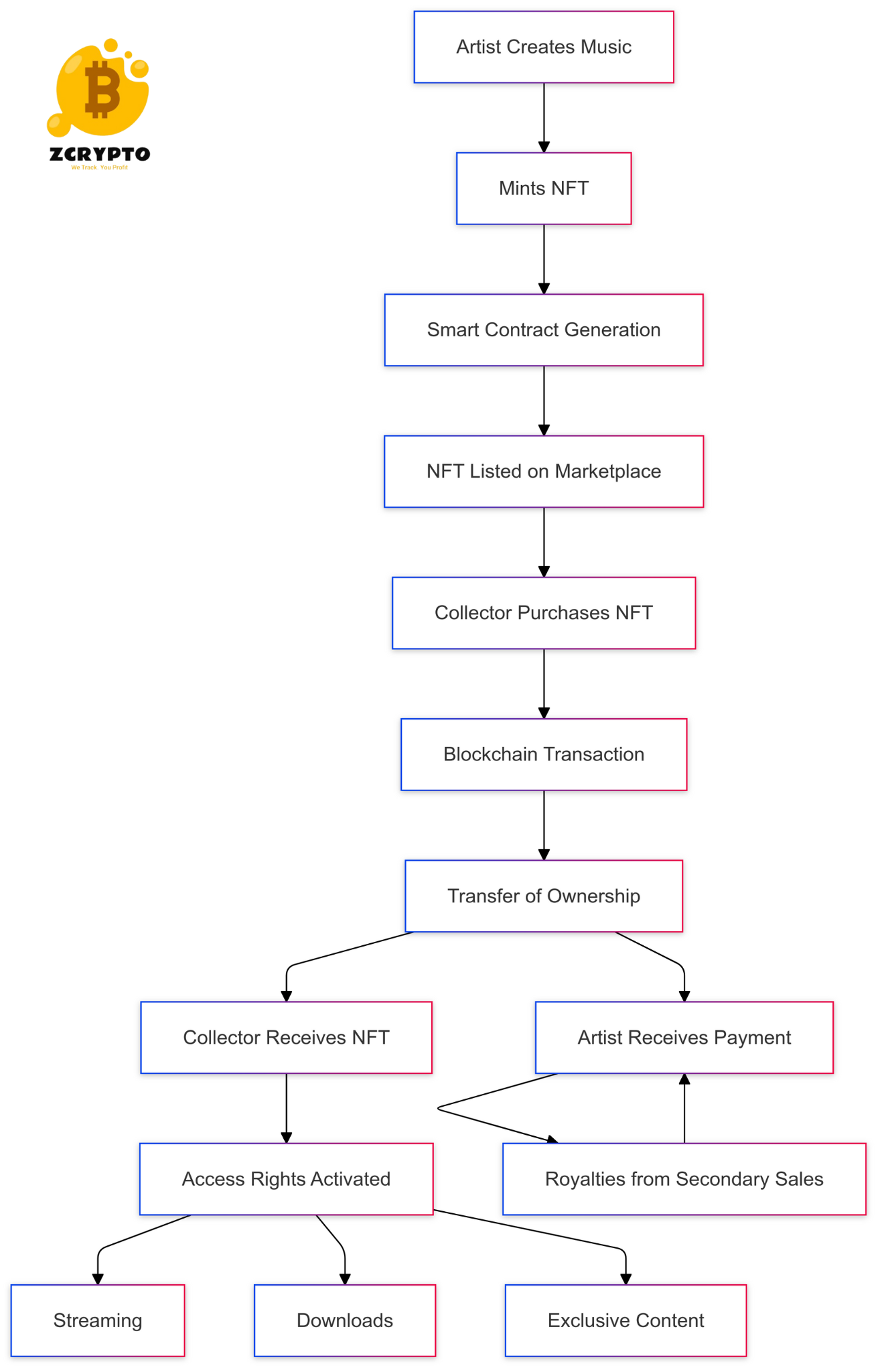What is International Arbitration in Finance?
International arbitration is an alternative to national court litigation that offers several advantages when dealing with finance disputes. It is defined as a process where parties agree to resolve their disputes through one or more neutral third-party arbitrators who make a binding decision.
The key characteristics of international arbitration include:
– Neutrality: Arbitration allows parties to choose a neutral “seat” for the arbitration and ensures that the tribunal composition is impartial.
– Flexibility: Parties can select the arbitration institution, arbitrators, and procedural rules that best suit their needs.
– Confidentiality: Unlike public court proceedings, arbitration is typically confidential.
– Ease of Enforcement: Arbitral awards are easier to enforce globally under the New York Convention, which has been ratified by over 160 countries.
- Unlocking Accounts Receivable (AR): A Comprehensive Guide to Managing Your Company’s Assets
- Unlocking Cash Flow from Investing Activities: A Guide to Understanding Investment Strategies and Financial Health
- Unlocking Success: How to Become a Top Broker in Finance and Investment
- Ultimate Guide to Altcoins: Types, Risks, and Investment Strategies
- Understanding Add-On Interest: How It Works and Why It Costs More Than Simple Interest
Drivers Behind the Increase in Arbitration in Finance
The rise of globalization has significantly impacted the use of arbitration in finance. As more companies engage in cross-border transactions, especially in derivatives and other complex financial instruments, the need for a reliable and efficient dispute resolution mechanism becomes paramount.
The International Swaps and Derivatives Association (ISDA) plays a crucial role here. ISDA provides guides on using arbitration in ISDA Master Agreements, which are widely used in derivatives transactions. These guides help standardize the arbitration process and make it more accessible to parties involved in these complex financial dealings.
Another significant development is the establishment of P.R.I.M.E. Finance as an international finance disputes centre. P.R.I.M.E. Finance offers specialized arbitration rules tailored for financial disputes, further enhancing the appeal of arbitration in this sector.
Benefits of International Arbitration in Finance
One of the primary benefits of international arbitration is its neutrality. By allowing parties to choose a neutral seat and ensuring a neutral tribunal composition, arbitration mitigates concerns about bias that can arise in national courts.
The flexibility of the arbitration process is another major advantage. Parties can choose from various arbitration institutions such as the ICC (International Chamber of Commerce), LCIA (London Court of International Arbitration), or AAA (American Arbitration Association), each offering different procedural rules and arbitrators.
Additionally, confidentiality is a significant benefit. Unlike public court proceedings, arbitration maintains confidentiality, which is often crucial in financial disputes where sensitive information is involved. Finally, the ease of enforcing arbitral awards globally under the New York Convention makes arbitration a more attractive option compared to traditional litigation.
The International Arbitration Process
The process of international arbitration involves several key steps:
1. Inclusion of an Arbitration Clause: The first step is including an arbitration clause in commercial agreements. This clause specifies that any disputes arising from the agreement will be resolved through arbitration.
2. Notice of Arbitration: If a dispute arises, one party must serve a notice of arbitration to the other party.
3. Appointment of Arbitrators: The parties either agree on the arbitrators or have them appointed by an arbitral institution.
4. Pre-Hearing Phase: This includes exchanging pleadings and evidence.
5. Hearing: The arbitrators conduct a hearing where both parties present their cases.
6. Final Award: The arbitrators issue a final award that is binding on both parties.
Arbitral institutions like the ICC, LCIA, and AAA play a vital role in administering this process by providing procedural rules and administrative support.
Key Considerations for Drafting an Arbitration Clause
Drafting an effective arbitration clause is crucial for ensuring smooth dispute resolution. Here are some key considerations:
– Selection of Governing Law: Clearly specify the governing law that will apply to the arbitration.
– Selection of Arbitration Institution: Choose an appropriate arbitration institution such as the ICC or LCIA.
– Seat of Arbitration: Specify the seat of arbitration to determine which country’s laws will govern the procedural aspects of the arbitration.
Clarity and specificity are essential to avoid future disputes over the interpretation of the arbitration clause.
Enforcement and Appeal of Arbitral Awards
One of the most significant advantages of international arbitration is the broad enforcement of arbitral awards under international conventions like the New York Convention. This convention ensures that awards are recognized and enforced in over 160 countries.
Appealing an arbitral award is generally limited due to the finality principle inherent in arbitration agreements. However, appeals can be made on grounds such as procedural irregularities or conflicts with public policy.
Case Studies and Examples
Several case studies illustrate how international arbitration has successfully resolved finance disputes:
– Cases involving P.R.I.M.E. Finance have shown how specialized arbitration rules can streamline financial dispute resolution.
– Comparative statistics often highlight that arbitration resolves disputes faster and more cost-effectively than traditional litigation.
These examples underscore why many financial institutions prefer arbitration over litigation for resolving their disputes.
Appendices (Optional)
For further reference:
– Model arbitration clauses
– List of countries that have ratified the New York Convention
– Glossary of key terms related to international arbitration
These appendices provide additional resources for those looking to implement or understand international arbitration in more detail.
Source: https://summacumlaude.site
Category: Blog







